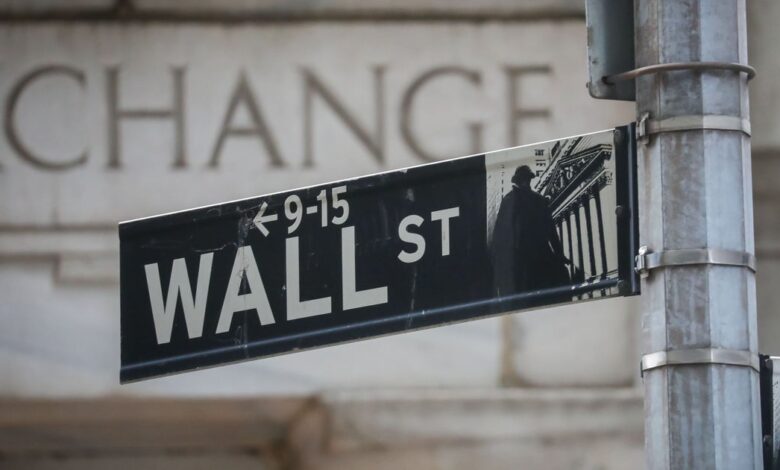Wall Street, European Stocks And Apple Fall Following Trump’s Latest Tariff Threats

President Donald Trump’s threat of imposing 50% tariffs on the European Union caused a decline in U.S. stocks on Friday. The S&P 500 had its worst week in the last seven, losing 0.7%, while the Dow Jones Industrial Average dropped 0.6% and the Nasdaq composite sank 1%.
Trump’s announcement of potential tariffs on the European Union, set to begin on June 1, led to immediate stock market reactions in Europe and the U.S. Stocks in Europe, particularly France’s CAC 40 index, fell 1.7%. In the U.S., the market took a quick downturn, with futures for stock indexes plummeting.
Apple was heavily impacted by Trump’s comments, with the company’s stock dropping 3% after he criticized them for not producing iPhones in the U.S. Trump warned of a 25% tariff if Apple didn’t comply.
Trump’s trade war tactics have been creating uncertainty in the market, with companies like Deckers Outdoor refraining from offering full-year forecasts due to economic uncertainty. Ross Stores also pulled its financial forecasts for the year, citing the impact of tariffs on goods originating from China.
On the positive side, Intuit saw an 8.1% increase in its stock after reporting stronger profits and raising revenue forecasts. Additionally, stocks in the nuclear industry rallied after Trump signed executive orders to expedite nuclear licensing decisions.
Despite the recent market turmoil, the S&P 500 remains below its record high, having recovered from previous losses caused by the trade war. Treasury yields fell, and global stock markets showed mixed results, with Asian markets reacting before Trump’s latest tariff threats were issued.
Overall, the market continues to be influenced by Trump’s trade policies, leading to fluctuations and uncertainties for investors.





